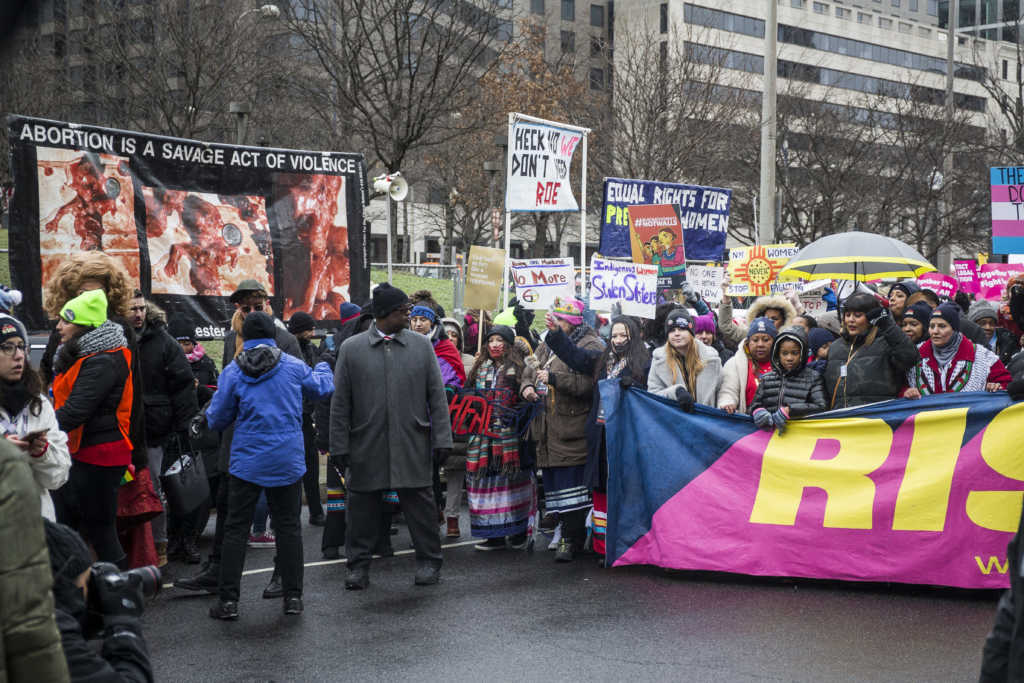The annual “Women’s March” took place in Washington D.C. Saturday, with thousands turning out to advocate for increased access to abortion. The numbers of those in attendance, however, had hugely dwindled — from approximately 100,000 in 2019 to just 10,000 in 2020.
It was a huge disappointment for an event that once attracted around half a million protesters.
“Unlike the first demonstration that brought hundreds of thousands to the capital the day after President Trump’s inauguration, the march drew just a fraction of the original turnout as the movement has struggled with changes in leadership and questions about inclusivity,” NPR noted in its report on the march.
In addition to diminishing numbers of patrons, there were also no public speakers present this year. The march has previously featured addresses from former Planned Parenthood President Cecile Richards, activists and filmmaker Michael Moore and former Democratic presidential hopeful, Kamala Harris.
Women’s March CEO Rachel O’Leary Carmon insisted there were no official speakers because “it’s not about listening to people talk, it’s about exercising your own power and your own agency.”
Despite desperate attempts to rebrand the event as spurring on a movement of empowered women, many argue that liberalizing abortion laws is actually detrimental to achieving this aim.
“There’s also nothing empowering about the act of abortion itself,” wrote Father Frank Pavone at the Washington Examiner. “Abortion is not an act of power, but despair. And the abortion industry is not a beacon of freedom, it is a money-making industry, and nothing more.”
“Abortion is not “healthcare,” because pregnancy is not a disease,” the priest added. “Women are manipulated and abused by abortion providers, and their babies are thrown away as medical waste.”
Along with abortion, this year’s march also sought to address issues related to immigration and climate change.



